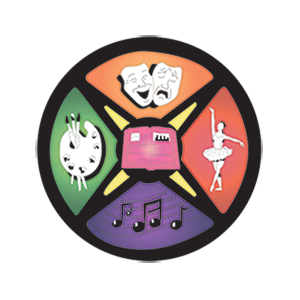Tips for getting the MOST from your sessions
It's a challenging process, here are some things to keep in mind to make it informative AND keep it productive!
It is normal and natural to feel emotional discomfort when discussing the issues which will inevitably surface during Mediation. It is helpful that you know this at the outset to better manage your feelings and your responses.
How can you help yourself stay calm? One of the best techniques is to memorize short encouraging statements that you can tell yourself as you are going through the process, such as:
PATIENCE
Remember that most conflicts are resolved through this process of talking and listening and creating solutions.
• The agreement at the end is all that matters.
• Sometimes it takes a while, depending on the intensity and discord of the issue, but an agreement is usually reached.
DON'T TAKE IT PERSONALLY
• Personal attacks are not about me - they're about the person who lacks self-control.
• We can disagree about the past - reaching an agreement about the future is what matters. Mediation is all about moving forward without interference from the past.
FLEXIBILITY
A big component of mediation is making proposals. It is helpful to anticipate the topics that will be addressed in Mediation and prepare one or two scenarios that you would consider to be a reasonable request. That way you don't get stuck in "all-or-nothing thinking" and can avoid getting upset when your first proposal isn't immediately accepted. Any concern about the past can be turned into a proposal about the future.
Responding to proposals is another area in which practice can help. Ask questions for clarity, if necessary, and consider what parts of the proposal are worth discussing further and which are not. Avoid arguing over the proposal as a whole, the goal is eventually finding a resolution both of you can live with. Also, personally judgmental reactions are counter-productive to maintaining the spirit of cooperation; which is essential to reaching a satisfactory agreement.
MANNERS
Mediation is a structured, yet relaxed, process, designed to help people reach a consensus on a number of complicated and, at times, emotional issues.
To achieve your mediation goals, it is helpful to think about the following “rules” of a productive and successful mediation:
A. Don't interrupt while the other person is speaking. If necessary, take notes, you can bring up your point when it is your turn.
B. Treat everyone with respect. Avoid insulting comments, raising your voice, placing blame, etc. Anything that triggers a defensive attitude is going to decrease dramatically your chances of having a productive session.
C. Use "I" statements. These are sentences that start with "I feel..." or "I prefer..." or "I have another idea..." Avoid "You" statements, such as "You always..." or "You never...” it sounds accusatory. Remember, all you need to do is to reach an agreement. You don't need to try to change the other person's way of thinking.
D. Ask to take a break if necessary, this does not need to be a marathon. Mediation is NOT like a court hearing of arbitration, it is flexible; and the more you and your partner are taking the time to consider other perspectives the more likely that you will sooner come to an agreeable resolution. Perhaps speaking with a trusted friend, family member or even financial adviser or accountant may help you work through your own roadblocks. In any case, storming out in anger is not a constructive option.
From time to time, ask yourself if you are using these skills. It’s easy ( AND NORMAL) to forget in the heat of a discussion about sensitive issues. The mediator has the experience and training to guide you back on the path.
Remember that YOU control the outcome!



